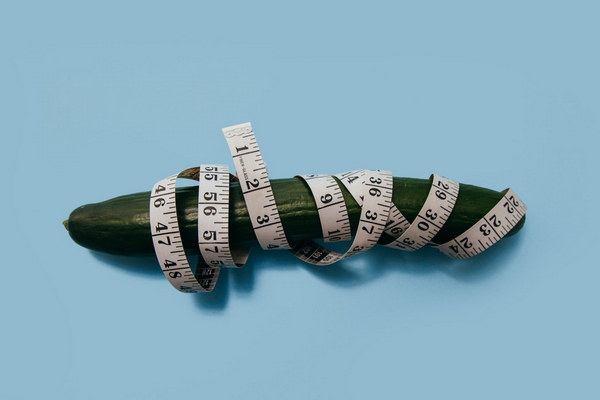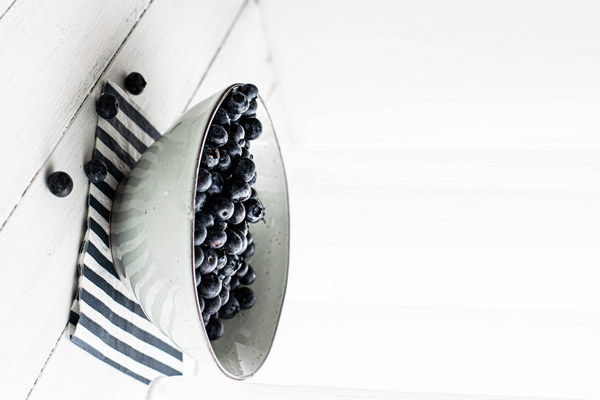Sweet Indulgence Nourishing or Damaging the Liver
In the world of sweet treats, one question often lingers: Does indulging in sweets nourish or harm the liver? As we delve into the intricate relationship between our favorite desserts and our liver health, we uncover a mix of scientific evidence and traditional beliefs that can help us make informed decisions about our dietary choices.
The liver is a vital organ responsible for filtering blood, detoxifying harmful substances, and producing bile to aid in digestion. It is also highly sensitive to the foods we consume, and what we eat can either support or damage its functioning. Sweets, with their high sugar content, play a significant role in this delicate balance.
On one hand, some argue that eating sweets can actually benefit the liver. Sugar is a source of energy, and the liver is responsible for converting excess sugar into glycogen, which is stored for future use. Moreover, a small amount of sugar is necessary for the liver to produce glucose, which is essential for maintaining blood sugar levels and preventing hypoglycemia.
In addition, certain studies suggest that consuming moderate amounts of sugar may improve liver health. For instance, a 2019 study published in the journal 'Hepatology' found that a low-glycemic diet, which includes moderate amounts of sugar, can help reduce the risk of non-alcoholic fatty liver disease (NAFLD), a condition where excess fat accumulates in the liver. This suggests that consuming sweets in moderation may be beneficial for liver health.
However, the flip side of the argument is that excessive sugar consumption can lead to liver damage. The liver's ability to process sugar is limited, and when we consume more sugar than it can handle, the excess is stored as fat. This fat accumulation can lead to NAFLD, which is now the most common cause of liver disease in the United States.
Furthermore, high sugar intake has been linked to the development of insulin resistance, a condition where the body's cells become less responsive to the hormone insulin. Insulin resistance is a key factor in the development of type 2 diabetes and can also contribute to the progression of NAFLD.
Moreover, the excessive consumption of sugar can lead to an increase in triglycerides, which are a type of fat found in the blood. High levels of triglycerides are associated with an increased risk of heart disease and can also contribute to liver damage.
So, what is the verdict? Can eating sweets actually nourish the liver, or is it better to steer clear of them to protect our liver health?
The answer lies in moderation and balance. While moderate consumption of sweets may not harm the liver, it is crucial to be mindful of the total sugar intake. Here are some tips for maintaining a healthy balance:
1. Choose natural sources of sugar, such as fruits, which contain fiber and essential nutrients that can help mitigate the negative effects of sugar.
2. Limit the consumption of processed foods that are high in added sugars, such as soda, candy, and baked goods.
3. Focus on a balanced diet rich in whole grains, lean proteins, and healthy fats to support liver health.
4. Exercise regularly to help control blood sugar levels and promote overall health.

5. Pay attention to portion sizes and be mindful of the sugar content in your food and beverages.
In conclusion, the debate over whether eating sweets can nourish or harm the liver is complex. While moderate consumption of sweets may not be harmful, excessive sugar intake can lead to liver damage. By making mindful dietary choices and maintaining a balanced lifestyle, we can enjoy the occasional sweet treat while keeping our liver healthy and happy.









![Discover the Hidden Gem of Beauty and Skincare in Longkou [Shop Name]](http://img.bluepurple.cn/a/养生/184/Discover-the-Hidden-Gem-of-Beauty-and-Skincare-in-Longkou-Shop-Name.jpg)